Off and ov again
The romanisation of your last name can give clues to when and where you came from.

Depending on when a Russian emigrated from the motherland, their last name will end in either -off or -ov,[1] because in Cyrillic, the ending is -ов, which today is usually romanised as -ov.[2] The cut-off[3] date for this was around the Russian Revolution in 1917.[4] Similarly, the ending -ski was once commonly transliterated this way, but today is more often rendered as -sky or -skiy.
Another example of the same last name being transliterated into different spellings is 陳,[5] which can be either:
- Chen - if you came from mainland China post-WWII.
- Chan - if you came from Hong Kong.
- Ch'en - sometimes from Taiwan.
- Tan/Chin - from Southeast Asia.
I suppose if you migrated to Germany from Russia, then it may be -ow. ↩︎
See the UK's guide here; https://assets.publishing.service.gov.uk/media/636cd2828fa8f5357a0c652c/ROMANIZATION_OF_RUSSIAN_2022_final.pdf. ↩︎
Or maybe the cut-ov. ↩︎
When the Bolsheviks executed the entire royal family (except, arguably, Anastasia). ↩︎
Other examples are Li/Lee, Huang/Wong, Wu/Ng, Zhang/Cheung, Dong/Tung, Zhou/Chow. ↩︎





